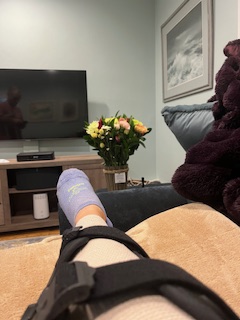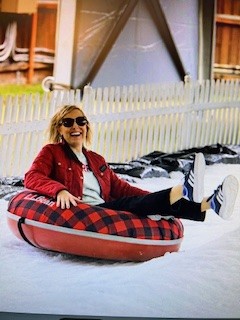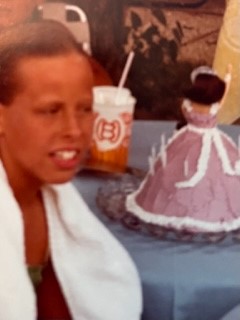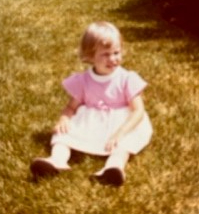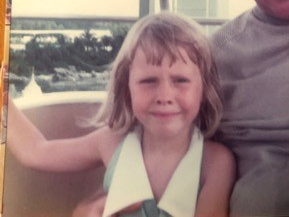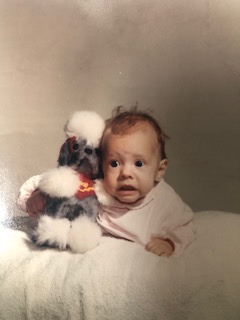……when life knocks you on your ass, literally
It’s hard to believe it’s been six months since I was forced to slow down. I had PLANS to end last year strong and start the new year stronger. I had lists, goals, things to do, Peloton challenges to beat, until I was stopped dead in my tracks. In my typical overachieving fashion, I ripped my hamstring tendon off the bone, had surgery, and for 6 weeks, could not use my left leg. “Non-weight bearing”, with your leg in a brace at a 90-degree angle, means that simple tasks like putting on your underwear or getting in and out of a chair require help.
I don’t do helpless well. But in this case, I had no choice. In my mind’s eye, during this forced time in the chair, I was going to write. I had plans to make good use of the time. But that didn’t happen. It was enough to just get through the day, get myself up and to the bathroom without falling. For the first four weeks, someone was home with me, but spent the last two at home alone, until the children came home from school and could help.
The forced inaction and inability to even leave my home made me realize just how tired I was from constantly going/doing/performing/taking care of all the things.
I’d like to say that my new insights forced me to change how I move through the world, but that would not be the truth. The unraveling began years ago. And my over-functioning, while at times helpful, is just a coping mechanism.
Seven years ago, I took a DNA test to find out my medical history because, as a “baby scoop” adoptee, my history was scrubbed. I was tired of writing “unknown adopted” on the top of medical forms at the doctor’s office. My children were impacted by this unknown history, and it was a request from one of their doctors that pushed me to swipe my cheek and see what information I could find out. I had few expectations. I’ve read of adoptees spending thousands to try to find family, only to come up empty-handed. Why would my situation be any different? Except it was.
The story of discovering my biological family is for another time.
I look back at the person I was seven years ago, before I faced what it meant to live as an adoptee, and I can’t believe how far I’ve come. In all that growth, though, I never lost the “hurry/prove yourself/go-go-go” mentality. It lingered, until it knocked me on my ass.
So here I am, six months post-op, and while I can walk and exercise, if I overdo it, my hamstring lets me know. At my last visit, my surgeon told me it would be two years before I was fully recovered, and the risk of reinjury is high. I simply cannot overdo it.
There is a lesson in all of this, if I allow myself to stop and listen. I can no longer compare myself to who I once was, because I’m not that person anymore. I can only start exactly where I am.

